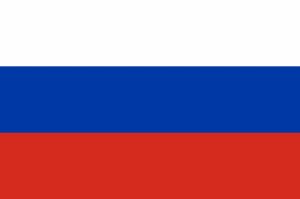Значение un- значение
Что в английском языке означает un-?
Простое определение
un-
Prefix
—
You add "un-" to the front of an adjective or adverb usually to mean the opposite of the original word making an antonym.
You could say, "He is not happy," "He is unhappy," or "He is sad."
—
When "un" is added to the front of a verb it means to do something in reverse. That is, put something back the way it was before.
First he wound the string on the stick, then he unwound it—so it was like he had done nothing.
un-
prefix
—
(added to adjectives or past participles) not
—
(added to nouns) absent; lacking; not; negative
—
violative of; contrary to
un-
prefix
—
(added to verbs and nouns to form verbs) reverse, opposite
—
reversal or cancellation
un-
prefix
—
Used to form temporary names of elements (such as unbiunium) whose existence has been predicted, and have not yet been given a trivial name.
—
Used to form large numbers as the first in the sequence.
Перевод un- перевод
Как перевести с английского un-?
un-
английский » русский
не-
удалять
извлекать
бес-
без-
без
Синонимы un- синонимы
Как по-другому сказать un- по-английски?

